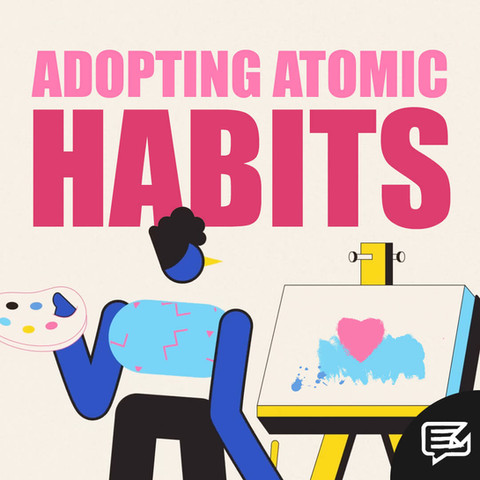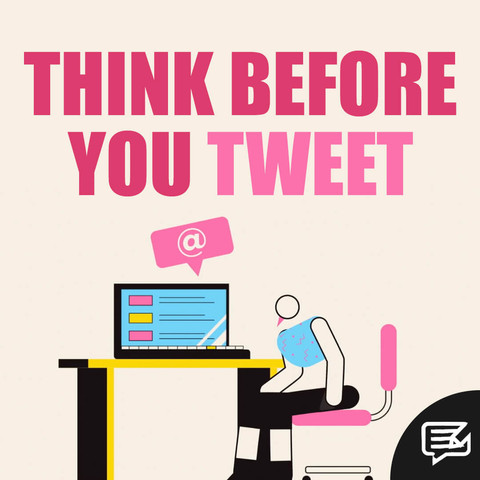
20.09.20
WOULD YOU LET YOUR BOSS CHIP YOU?
Would you let your boss microchip you? Not an everyday question I ask myself, I must admit.
But, with technology advancing and security systems becoming more prevalent in our society, could this be the ID card of the 21st century?



In January this year, The Wall Street Journal explored this very topic.
"For many employees, the workday starts by swiping a plastic ID card to enter the office. But employers can’t always be sure who’s holding the card.
"That humble ID badge is starting to be replaced by biometric identification systems, microchip implants and tools that monitor workers’ gaits or typing habits—technologies that might not only make workplaces more secure and easier to navigate but also generate personalised health and productivity data."
Security is clearly an important consideration in the debate around chipping, but to my mind the mere concept of capturing productivity data in this manner could well have been lifted from the pages of a dystopian novel.
Every relationship relies on trust, not only in your personal life but in the workplace. The level of trust your employer places in you undoubtedly determines how happy and motivated you are in your role. No one wants to feel like their boss is keeping tabs on their every move. Especially when “keeping tabs” involves microchips, facial recognition and fingerprint scanners…
A chip is inherently intrusive. And what would it actually achieve, heightened security aside? To prove to your manager that you worked overtime every night last week? Or that you stick religiously to the allotted 45-minute lunch break? It feels like an over-the-top solution to what are, typically, trivial issues.
Take “sickies”, for instance. They’re frustrating, for sure, but tracking someone traipsing around the shops when they should be tucked up in bed with a Lemsip is not the answer. If I ever run my own company, “Duvet Days” will be high on the list of benefits: a formal allowance of time off with no prior notice necessary. Way back when, employers would likely have winced at the notion but nowadays more and more companies are getting on board. And why shouldn’t they? All of us have days when we just can’t face work – perhaps we need a lie-in after a busy weekend supervising kids’ parties, or fancy a relaxing afternoon in the sunshine to boost our mental health. Whatever the reason, it’s a much simpler preventative measure and promotes employee trust – and honest conversations - in the process.
Where workplace tracking is concerned, where do employers draw the line? What lengths will they go to ensure their team are productive? And who defines said “productivity”?
I’ve heard stories of department Heads (thankfully not at Pfizer!) watching video surveillance of their team on the other side of the building – seizing any opportunity to berate them for eating cereal at their desk or chatting about their weekend plans. It’s all a bit much. It smacks of distrust, and - perhaps, more than anything else – it’s creepy.
Stealthier methods also leave a lot to be desired.
Programmes like SpyAgent can provide relatively cost-effective solutions for businesses who are hell-bent on monitoring the online activities of their employees. According to Spytech’s website, their software allows you to “monitor and record EVERYTHING users do - in total stealth.” And they mean everything! Keystrokes, passwords, social activity, emails, website searches…. Now, I’m a huge advocate for computer security and understand the importance of undertaking regular checks, but there’s a big difference between malware and Matt from Accounts catching up on the footy scores.
For some workplaces, the COVID-19 pandemic – and subsequent shift to home-working – will have widened the gulf between employer and employee even further.
Sure, it is possible to just log-on for that 9am Zoom call then jump back into bed to watch Netflix for a couple of hours, but would you? Acting in such a way suggests a disengagement with work way before the pandemic struck. In these instances, the knowledge that employers are monitoring would surely only prompt uninterested workers to be more creative in their deception, rather than encourage them to tackle the root of their issues.
The fact that apps exist to simulate mouse movement - ensuring messenger applications don’t record them as “away” - is testament to the lengths some employees will go to keep up appearances. It’s certainly an incredibly efficient way of being inefficient!
That said, there are positive sides of monitoring activity, providing both sides are willing and engaged.
Tools such as Microsoft Teams and Slack have been a godsend in recent months. They still track activity, and yet they don’t feel invasive. I expect this is because we choose what to share. They help us to feel aligned and in sync with our colleagues. Communication is free-flowing and more sociable, even if we are sat in our pyjamas on the sofa!
If you’ve ever worked in an agency, you’ll also be familiar with timesheets: a method of tracking time spent on a particular project in order to charge clients fairly and efficiently. To outsiders, recording every single action in granular detail may seem excessive but you’re sure glad of it at the end of the month. Not least because timesheets are hugely helpful for planning - providing valuable insights and benchmarks for future activity.
For me, the key difference between “helpful” and “not-so-helpful” monitoring is the motivation behind it. If tracking is born from a lack of trust on the part of the employer, then what message does that send to employees? If there are genuine grounds for the lack of trust then a simple, human conversation would reap much greater rewards than tracking software ever could.
Similarly, if the aim is to improve productivity then both parties need to be fully invested. Although something tells me that training sessions, project planning apps and improved line management will always win out over microchips, but only time will tell…

























































